Natural, environmentally friendly products are becoming increasingly prevalent with consumers today, an alternative to chemical and petroleum-based products.
Let us discover the stories behind the various traditional soaps from around the world. How do these soaps get their popularity, and what is the secret behind their recipe.
Olive Oil Nabulsi Soap
Prevalent in West Bank, Palestine
Nablus is a Palestinian city in the northern region of the West Bank, approximately 60 kilometers north of Jerusalem. Nablus is renowned for its olive oil and making olive oil soap for centuries. Making Nabulsi soap at home is a tradition passed down from generation to generation among Palestinian women. Throughout history, Palestinian women have taught their families how to make olive oil soap at home, which still exists today. In the opinion of many, the secret of Nabulsi soap is its purity of ingredients and high-quality production.
Traditional Nabulsi soap is made by mixing olive oil, water, and sodium compound. And it is unscented, but the artisans nowadays have added various ingredients to give them additional benefits for the skin like Sage and turmeric to remove dead skin, nigella seeds fight blackheads, and cinnamon tightens the skin around the eyes and tackling excess oil. Others added chamomile, thyme, dead sea mud, goat’s milk, and camel’s milk which relaxes and moisturizes the skin.

Aleppo Soap “Ghar”, also known as Laurel (Raqqi) soap
Prevalent in Syria and Iraq
As its name suggests, Aleppo soap originated from the Syrian city of Aleppo, one of the oldest inhabited cities in the world. The traditional legacy of Aleppian soap makers is a result of the local ingredients, preparation method, and drying process. The Aleppo Soap is a solid hand-made soap bar created from olive oil, laurel oil, lye, and water by the hot process. The olive oil is placed in an underground vat with water and lye, and an underground fire beneath the vat heats the contents. Boiling lasts three days while the oil reacts with the lye and water to become a thick liquid soap.
Due to its natural oil composition, Aleppo soap is also biodegradable. Cold-process soap production in the 20th century allowed Allepian soap artisans to incorporate herbs and essential oils into their soaps. Aleppo soap floats in water, unlike most soaps. Aleppo soap can be used for washing and shampooing.

Castile Soap
Prevalent in Spain
Early European soap production was restricted to the Mediterranean area but gradually spread to Spain and Italy with the arrival of soap makers in the 12th century. One soap stands out from the early soaps manufactured in Europe because of its superior quality and ability to clean – the castile soap.
Stunningly versatile, Castell soap is made without animal fat or synthetics. This soap is made from natural, non-toxic ingredients and is biodegradable. It was traditionally produced from olive oil, and it is named after the Castile region of Spain. Now, soap is also made from coconut, castor, or hemp oils. Avocado, walnut, and almond oils are sometimes used as well. As a result, the soap lathers moisturizes and cleans. Castile soaps can be used for cleaning your house, on your body, and even on pets.
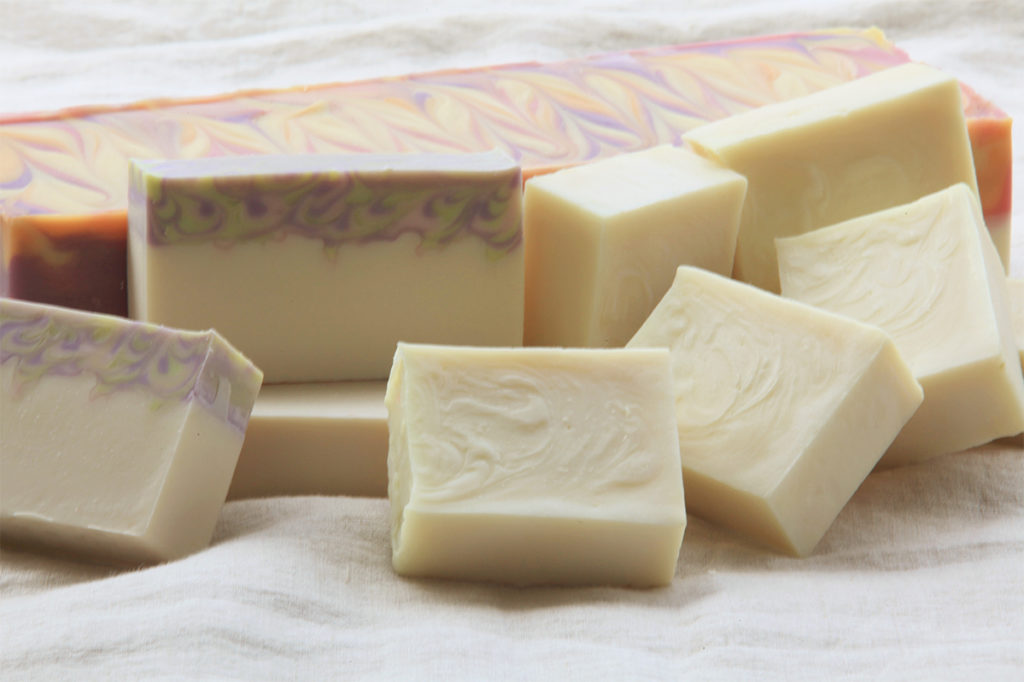
African Black Soap “Ose Dudu”
Prevalent in West Africa: Nigeria, Benin, and Togo
Black soap from Africa (Ose Dudu) is made by the Yoruba in Nigeria, Benin, and Togo, West Africa. Traditional black soap consists primarily of palm oil, water, and the ash of plantains. Some recipe blends include palm leaf ashes or shea tree bark, or a combination of shea butter, palm oil, coconut oil, or tropical honey.
Plantain peels are dried under the sun to make the black soap. The skins ( palm leaves and cocoa pods) are roasted to produce ash in a clay oven. Water is then added and filtered through the ash. Local women heat and stir the ingredients, such as shea butter, coconut oil, palm kernel oil, and cocoa butter, for 24 hours. Solid soap rises to the top, scooped out, and the mixture is left to cure for two weeks.

Savon de Marseille
Prevalent in France
Marseille soap, also known as Savon de Marseille, is a traditionally hard soap produced around Marseille, France, for about 600 years. Savon de Marseille is undoubtedly inspired from the ancient Aleppo soap, which has existed for thousands of years, and it’s made from olive oil and laurel oil. This method spread throughout the Mediterranean basin following the crusades, passing through Italy and Spain to Marseille.
Marseille soap is made of 72% olive oil. The area around Marseille provides all the ingredients – olives, salt from the Camargue and from the port, palm, groundnut, and whale oil to stabilize the soap. It is traditionally made by combining Mediterranean Sea water with sea plants and olive oil. The ingredients are combined in a cauldron and heated for days. It is left to sit before being transferred to a mold. While it’s still soft, it’s sliced into bars. The bars are stamped then hardened. The entire process can take up to a month.
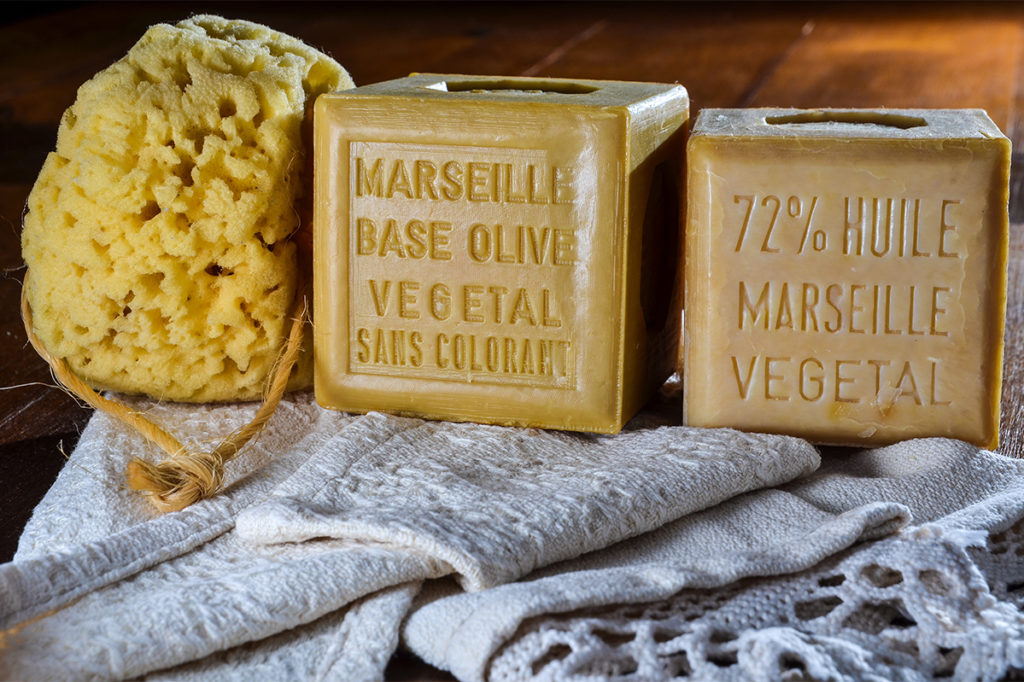
Traditional Moroccan Beldi Soap
Prevalent in Morocco
A Moroccan beauty ritual is incomplete without the Beldi soap, also called black soap. The ritual of the hammam is an integral part of Moroccan culture and has been around for centuries. Historically, black soap appeared in Syria, and more precisely, in Aleppo. And yes, it is the ancestor of Aleppo soap! Later, it will show up in the Maghreb, notably in Morocco, where the manufacturing process remains unchanged, though the ingredients are adapted for local use. Thus, it is named “Beldi Soap,” different from Aleppo soaps and classic black soaps. Moroccan Black Soap is a dark, creamy soap paste with a buttery texture.
Check out our Traditional Moroccan Beldi Soap infused with argan oil and verbena essential oil. It will cleanse and exfoliate the skin gently without damage.

tripoli soap or “sabon baladi”
Lebanon
Its name is derived from the city where it is originated– Tripoli, Lebanon’s northern city, is one of a few cities east of the Mediterranean that produced soap. Its Artisans were renowned for their soap, created from the area’s abundant olive groves. The soap’s main ingredient is olive oil, which gave its beneficial properties and the natural scents that made it so popular.
Tripoli Soap production is labor-intensive as well as time-consuming. The olive oil must first be boiled and stirred in a giant cauldron for six hours. The oil is then mixed with various ingredients and heated briefly until it becomes a soft paste. Then, scents and natural colors are added. Hot mixtures are left to cool overnight before they are cut into shapes. A combination of essential oils and herbs was used to produce unique Tripoli soaps that reduced dandruff, acne, eczema, and hair loss.
In the modern world, manufacturers use herbs such as rosemary, lavender, mint, and rosewater, often grown locally, then added. Besides, it provides jobs, supports the local olive industry, and preserves the city’s heritage.
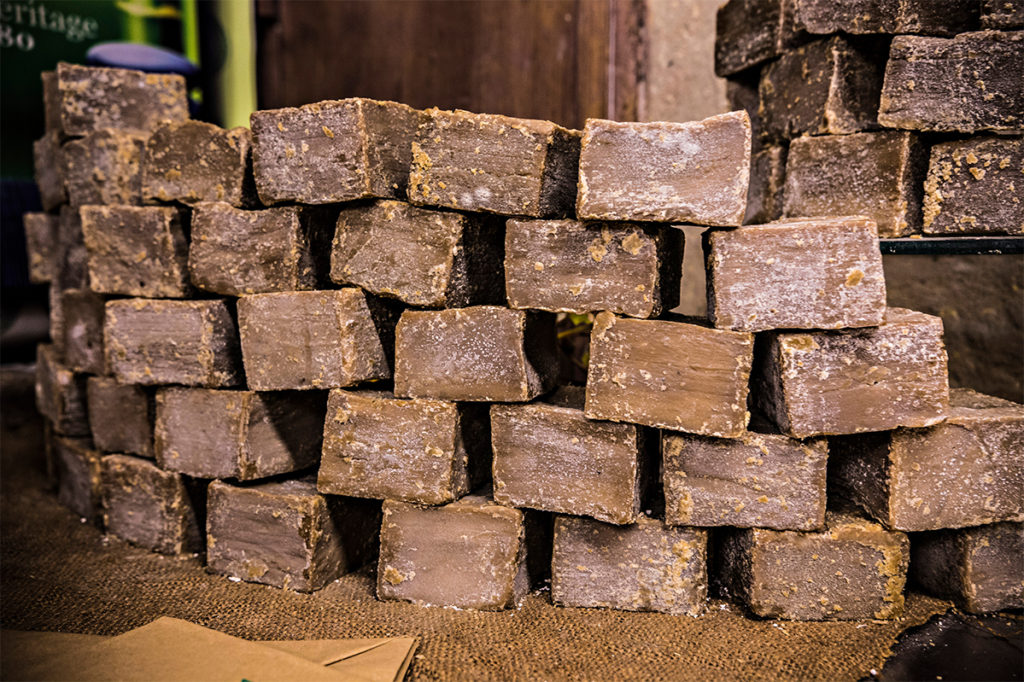
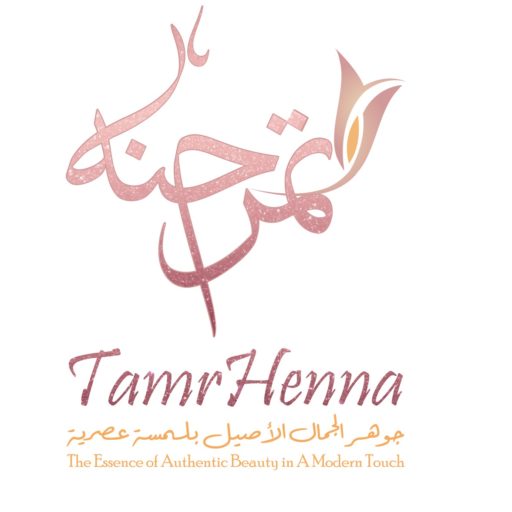
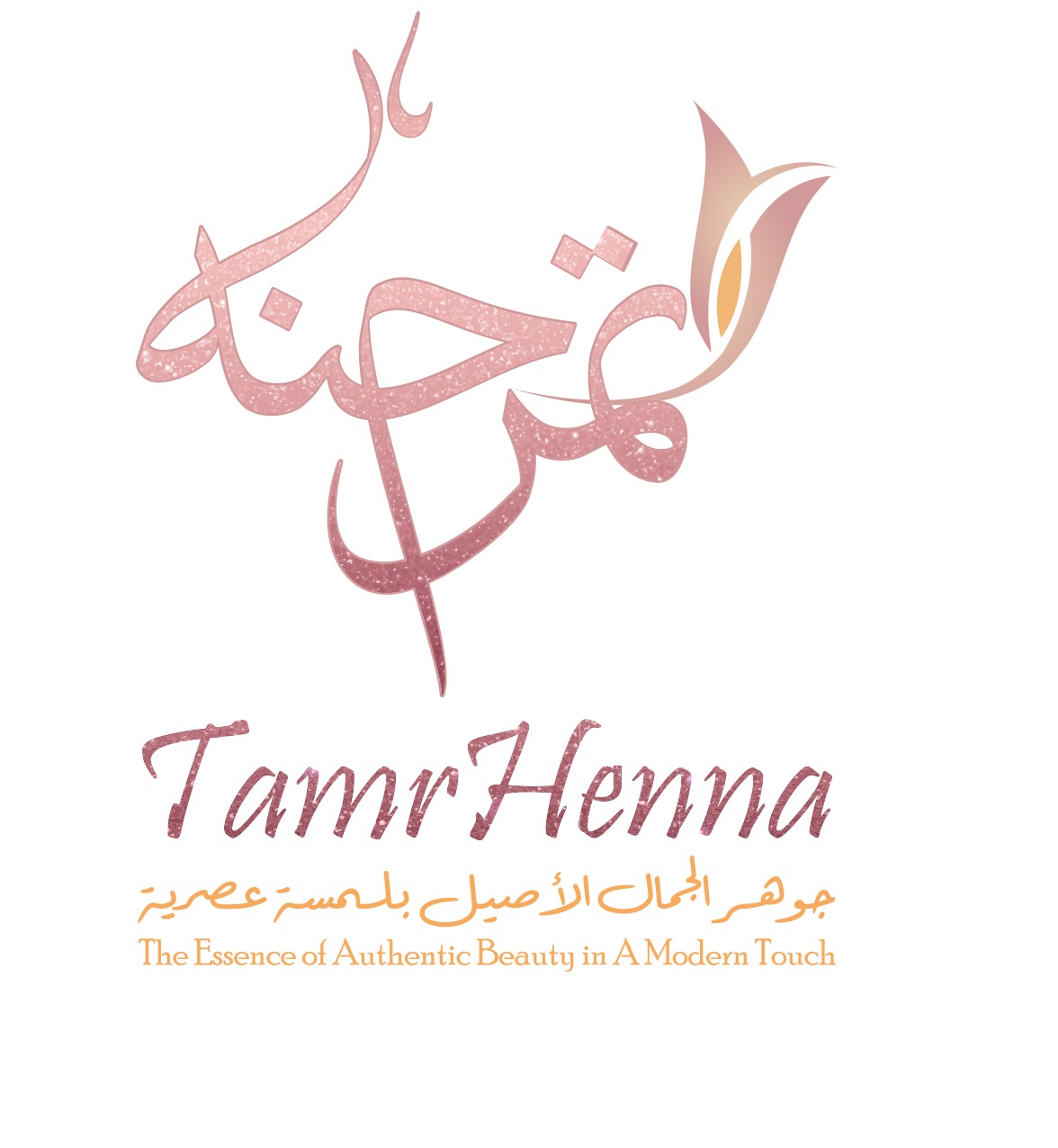
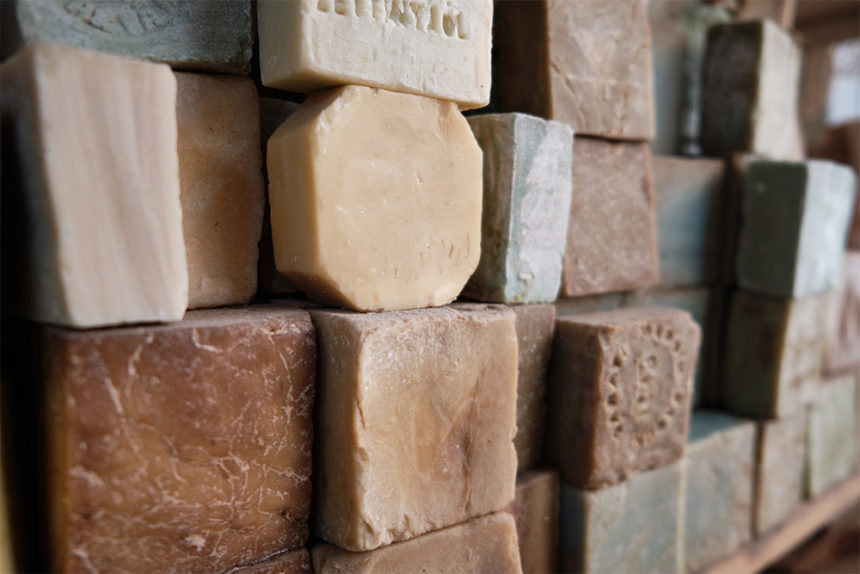
Leave a Reply